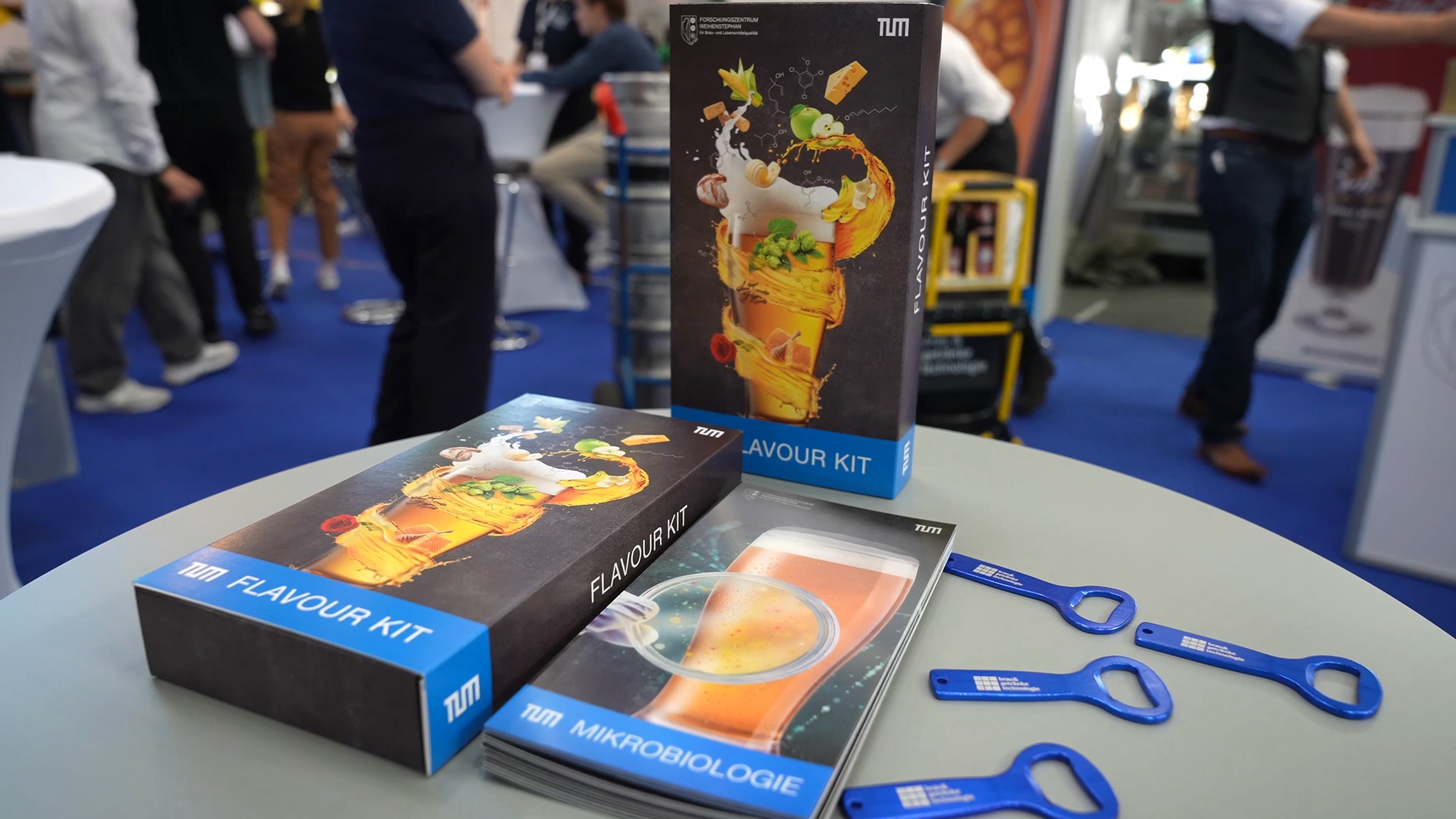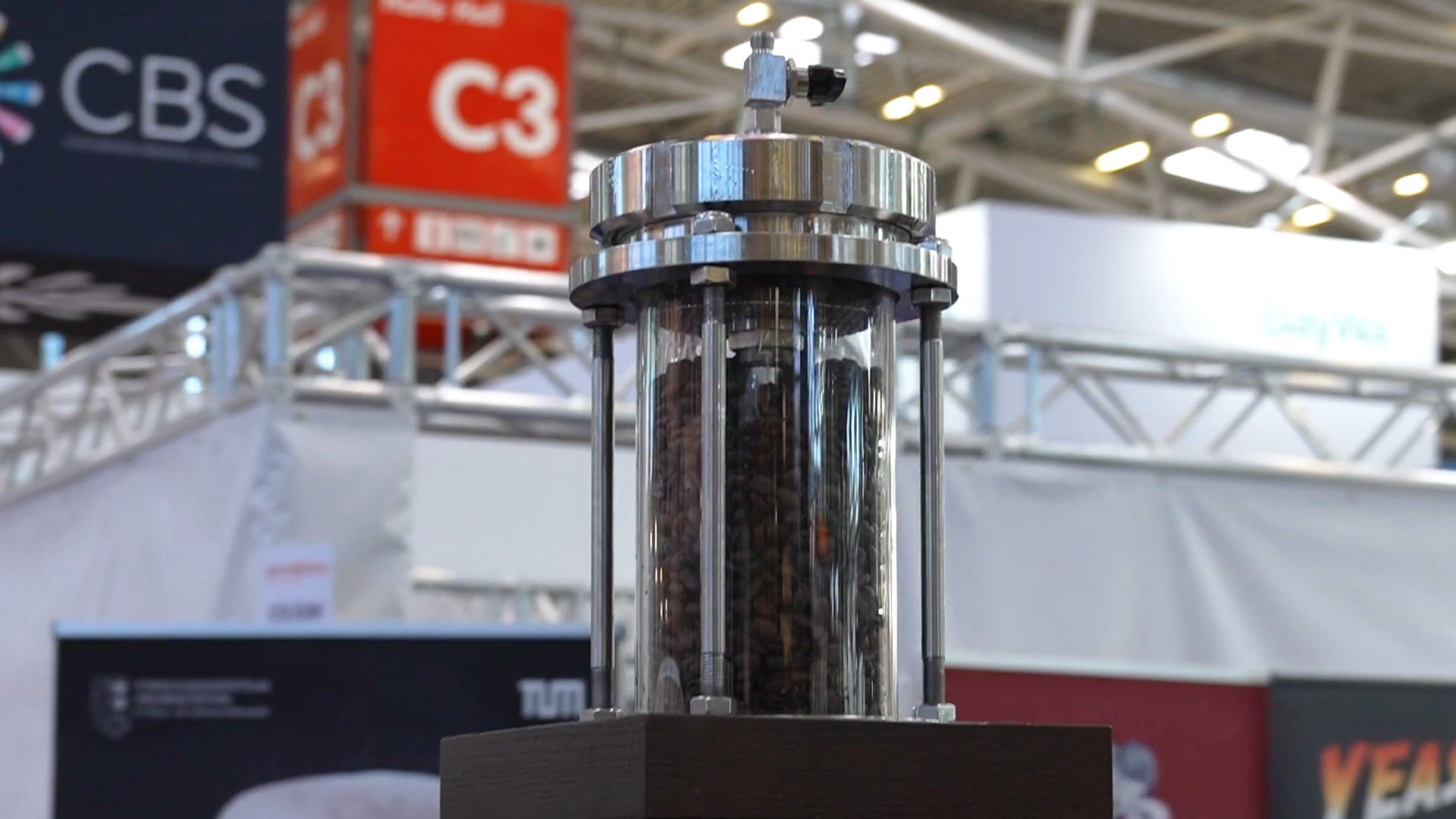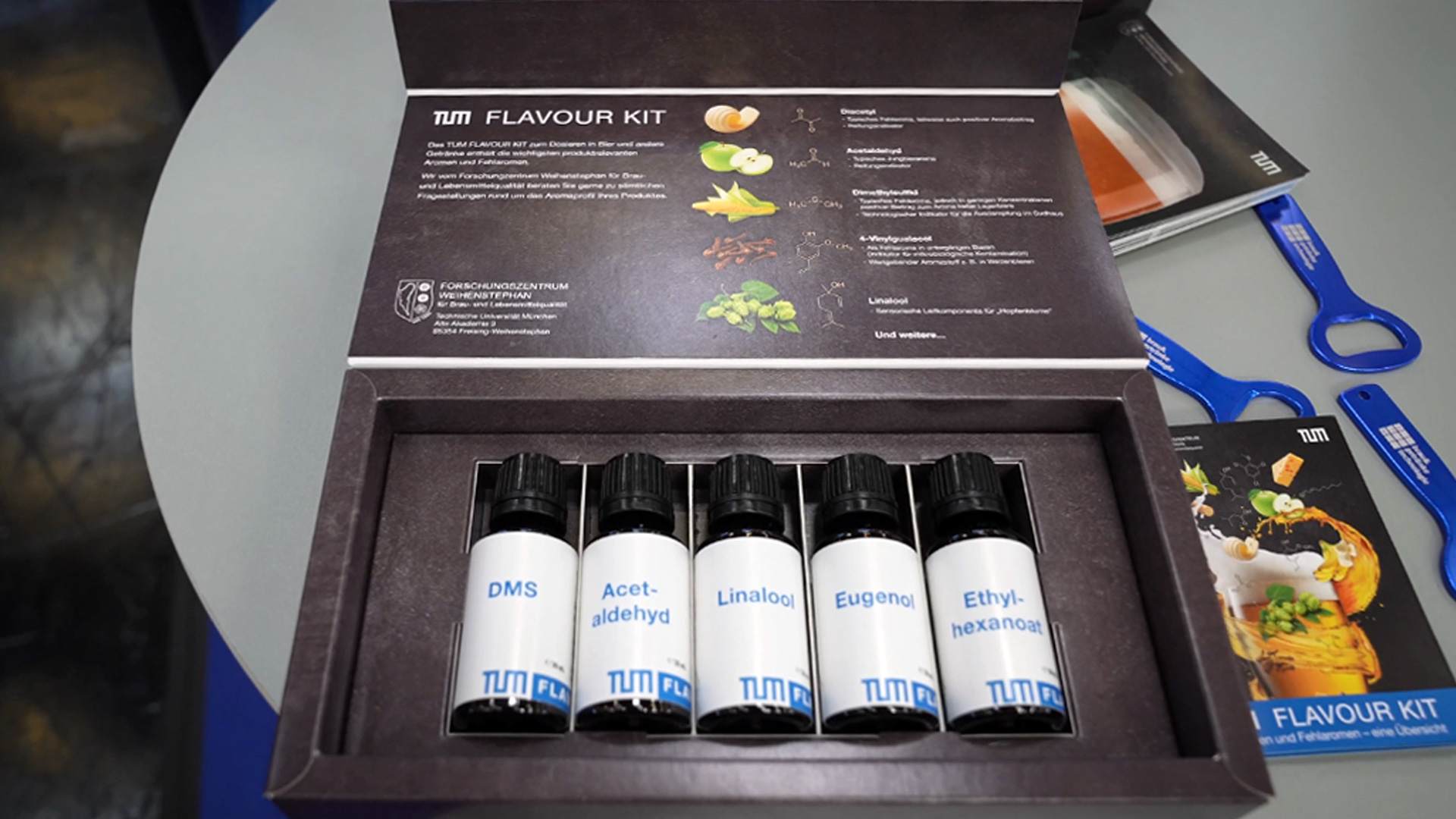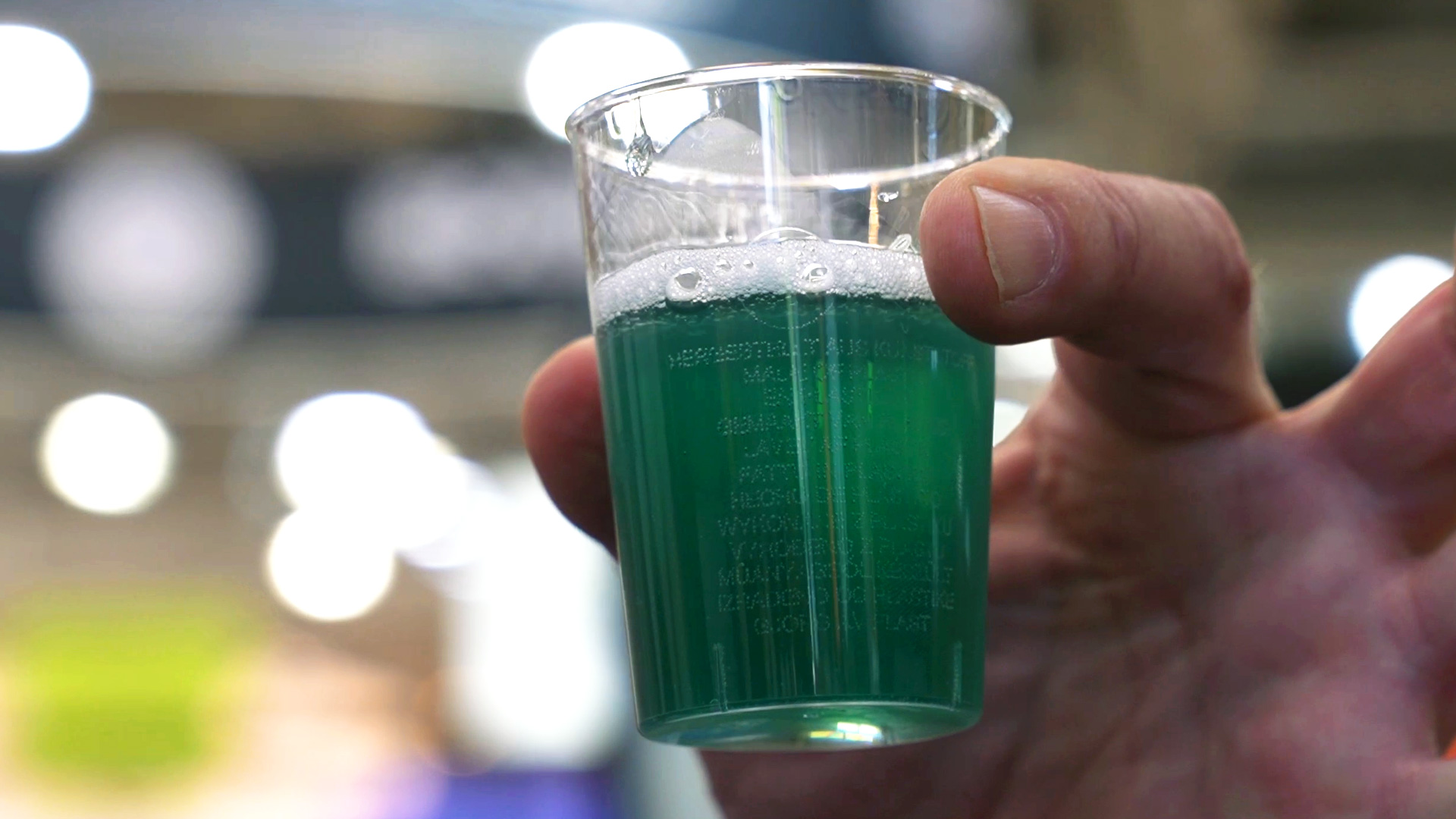The Chair of Brewing and Beverage Technology at the Technical University of Munich will be presenting at the trade fair together with the Weihenstephan Research Center. Current research work, new beverage production processes, and innovative product developments will be presented. In addition to classic beers, the exhibits range from non-alcoholic variants to experimental beverages such as coffee beer and fermented organic lemonades based on algae.

The presentations at the booth illustrate the core task of the chair: basic research and applied development in the field of beer and beverages. Classic beers such as Pilsner form the basis, but the research goes beyond that. The focus is on non-alcoholic alternatives produced using various dealcoholization methods or special fermentation processes. Such products are particularly relevant for the growing market of health-conscious consumers.

The stand will showcase both traditional Pilsners and modern non-alcoholic beers produced using different methods. A coffee beer is particularly noteworthy. The interplay of ethanol and caffeine opens up new taste dimensions and creates a surprising effect.

The flavor kits presented at the stand are aimed specifically at trade visitors. They contain reference aromas of typical off-flavors or sensory deviations in beer, including characteristic notes such as bread or cheese. Brewers can check their own products by comparing smells and train their sensory skills. Such kits are an important tool for quality assurance and training in breweries.

A particularly innovative project is an organic lemonade based on spirulina (Arthrospira platensis). This cyanobacterium has been used for centuries in arid regions as a source of protein and is considered particularly nutrient-rich. As part of TUM research, it is being used to create a vegan, gluten-free, fermented organic lemonade. The development shows how biotechnological processes can enable sustainable, healthy beverages that appeal to new target groups.

In order to produce the spirulina lemonade gluten-free, malt is not used. Instead, koji is used, a rice fermented with mold that is traditionally used in Japanese sake production. Koji serves as an enzyme source and enables the conversion of the algae raw materials into a processable beverage. This combination of traditional Asian processes with modern beverage research illustrates TUM's international approach.
In addition to research and product development, education plays a central role at the chair. The shortage of skilled workers also affects the brewing industry, which is why there is an increased effort to recruit students. Beverage technology combines microbiology, biotechnology, process engineering, and sensory analysis. Whether non-alcoholic beers, coffee beers, or algae-based lemonades—every project combines scientific precision with innovative strength. At the same time, the relevance for different industries is becoming apparent: from the food market to cosmetics and medical technology.